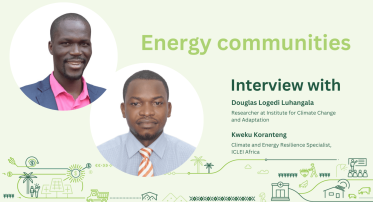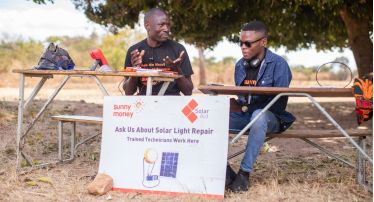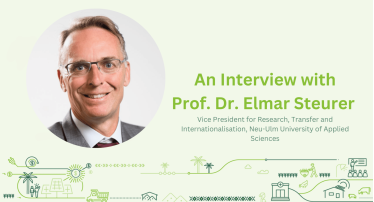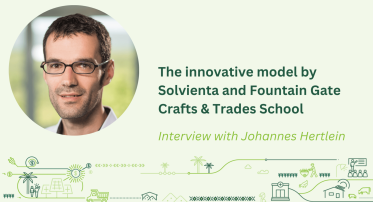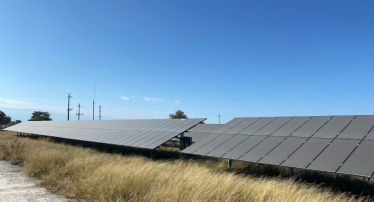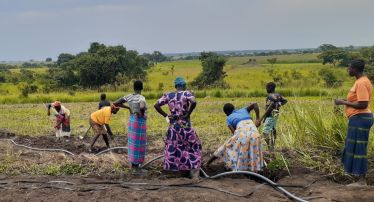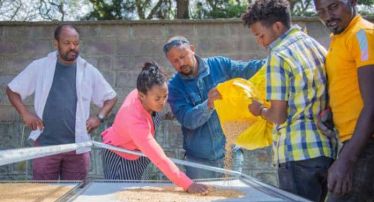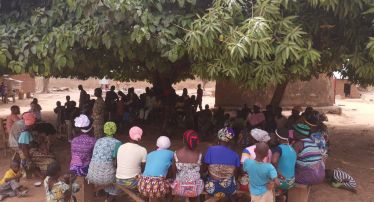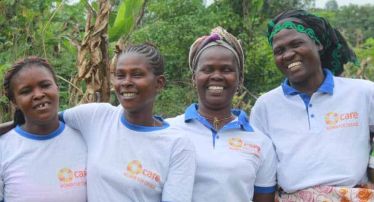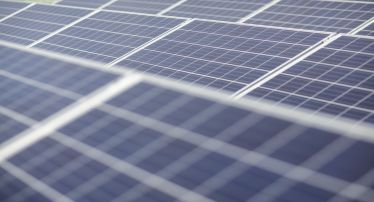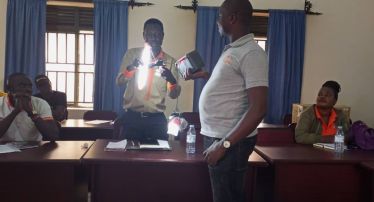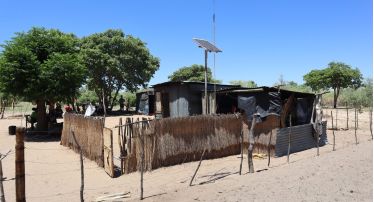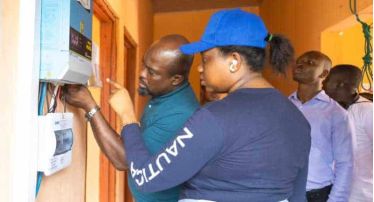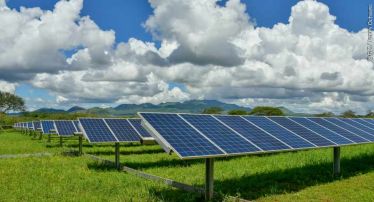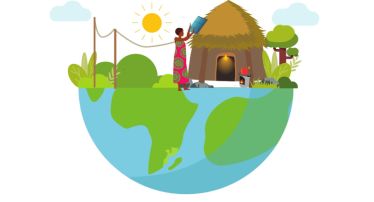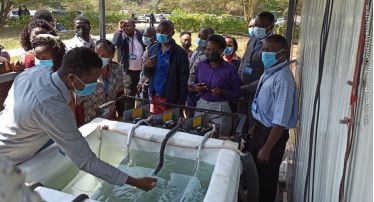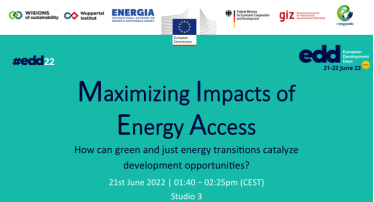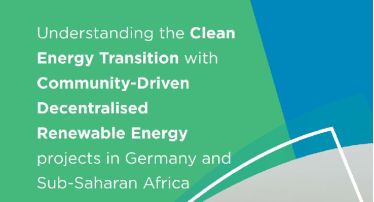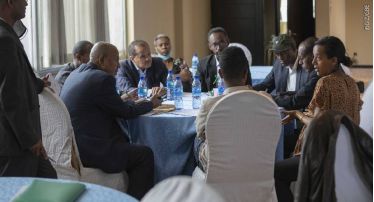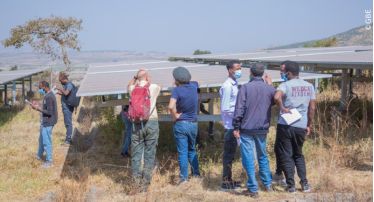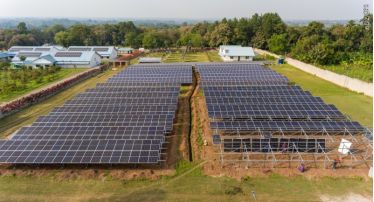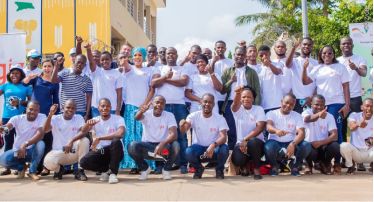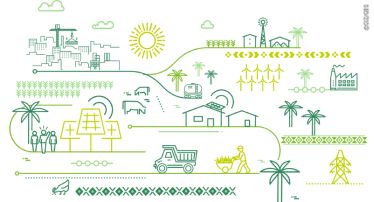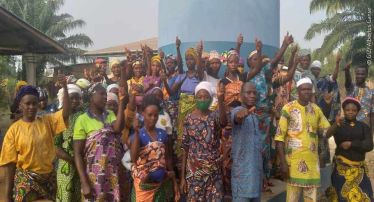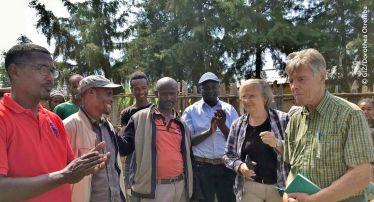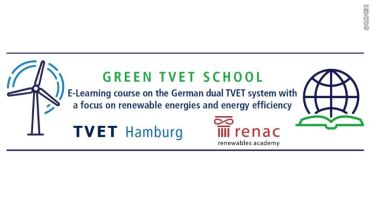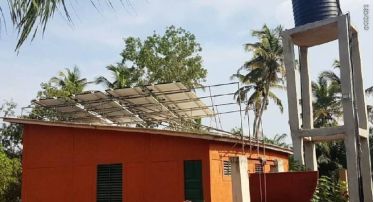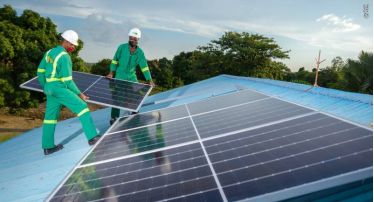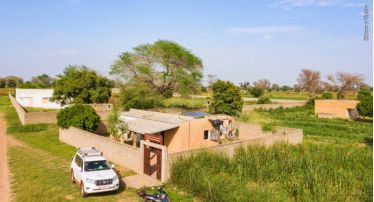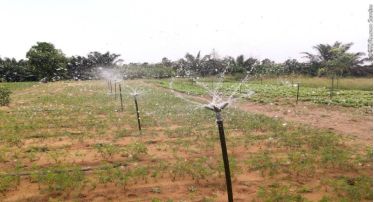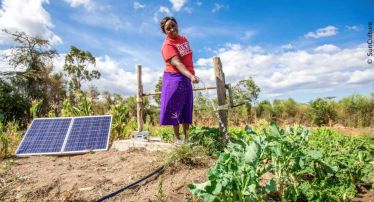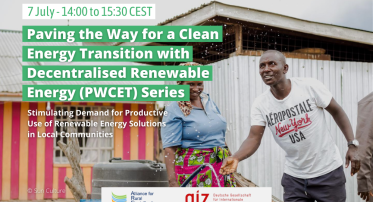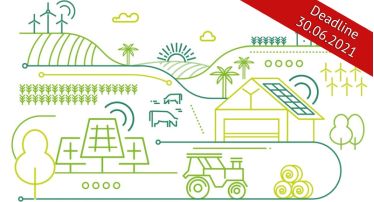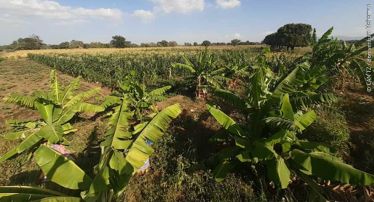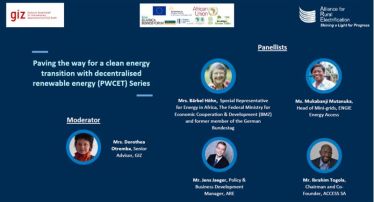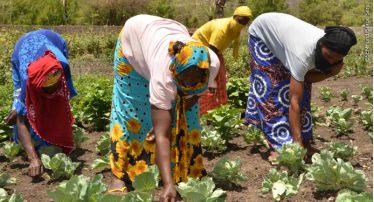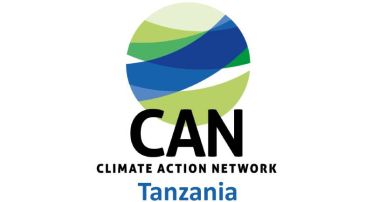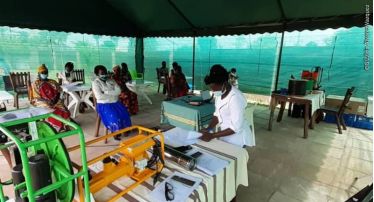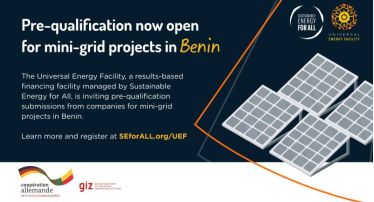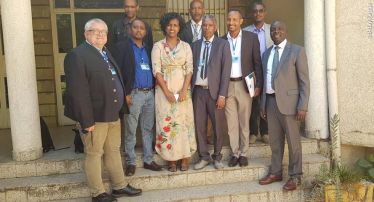Community energy
Facts, challenges & objective
In Sub-Saharan Africa (SSA), over 600 million people lack access to modern energy technologies and services, and only 25% of the rural population has access to electricity. Energy poverty increases economic inequality in rural regions. Lack of access to electricity prevents higher productivity and hinders economic development.
In addition, rural and off-grid communities are difficult to connect to national energy grids, due to distance and economic cost. Low purchasing power in rural communities also means less chance of ownership for renewable energy solutions. Lower cost and modern alternatives are required to overcome these issues, and provide adaptable solutions based on national requirements.
In the field of community energy, the aim is to provide off-grid rural communities with energy solutions to increase economic, social and environmental well-being.
Green People’s Energy for Africa works together with political stakeholders and communities to provide support for:
- Small and medium-sized businesses to generate and use renewable energy
- Engaging citizens and communities as partners for green energy in Africa, in particular cooperatives
- Creating job prospects in the energy sector
- Productive use of renewable energies for improved agricultural value chains
- Mobilizing investment locally
The initative helps pilot short-term innovative ideas, building a foundation for taking them to scale. Additionally, it builds on cooperation with other programmes, using synergies, implementing efficiently, and anchoring best practices sustainably.
Articles on community energy
- All
- Benin
- Côte d’Ivoire
- Ethiopia
- Ghana
- International
- Kenya
- Mozambique
- Namibia
- Senegal
- Südafrika
- Tanzania
- Uganda
- Zambia
